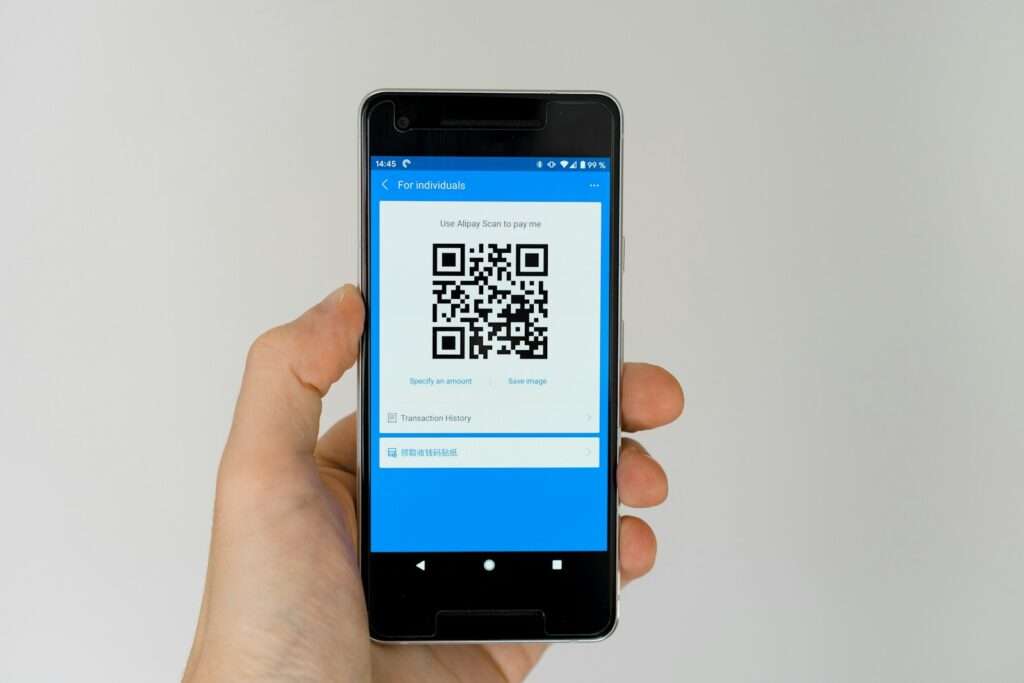Security tips for Online banking and UPI apps

Securing your online banking and UPI (Unified Payments Interface) accounts is crucial for protecting your financial information and preventing unauthorized access. Here are some tips to enhance the security of your accounts:
1.
Weak Passwords
- Weak passwords and PINs pose significant risks to online banking accounts and UPI (Unified Payments Interface) accounts, leaving users vulnerable to unauthorized access and financial fraud.
- Hackers employ various techniques, including brute force attacks and phishing scams, to exploit weak credentials and gain entry into accounts.
- Once compromised, sensitive financial information and funds can be easily exploited, leading to identity theft, fraudulent transactions, and financial loss.
Effective password management
- Create strong, complex passwords and PINs that are difficult to guess or crack.
- Strong passwords should incorporate a mix of uppercase and lowercase letters, numbers, and special characters, and should avoid easily guessable information such as birthdates or common words.
- Additionally, enabling multi-factor authentication adds an extra layer of security, further safeguarding accounts against unauthorized access.
- By prioritizing strong password practices, users can enhance the security of their online banking and UPI accounts, protecting their financial assets and personal information from cyber
2.
OTP Scams
Scammers utilize diverse methods to illicitly obtain OTPs, including sending phishing emails, fraudulent SMS messages, posing as bank call center representatives, distributing links embedded with malware, or even attempting to procure duplicate SIM cards from mobile operators.
KYC Scams
- KYC fraud entails impostors masquerading as bank personnel and coercing customers into divulging personal information under the guise of KYC (Know Your Customer) updates, often accompanied by threats of account deactivation.
- These fraudsters employ a range of tactics, including unsolicited KYC verification calls, phishing schemes, smishing (SMS phishing), identity theft, and scams involving PAN/Aadhaar cards.
UPI Frauds
Fraudsters exploit the collect money feature to siphon funds from user accounts instead of sending money to them. They frequently impersonate reputable organizations when initiating money collection requests.
Stay updated on Phishing scams.
- Be vigilant against phishing attempts, where fraudsters try to trick you into revealing sensitive information.
- Avoid clicking on links or downloading attachments from suspicious emails, and never provide personal information in response to unsolicited messages.
- By following these tips, you can significantly reduce the risk of unauthorized access to your online banking and UPI accounts and safeguard your financial information.
Update your KYC details through official channels only
- Ensure that your bank and UPI provider have your current contact information, including email and phone number. This allows them to alert you quickly in case of any suspicious activity.
- Always enter your KYC details on the bank’s official website or visit the branch.
Use caution when clicking on links
- Verify identity of the sender and links before clicking. Click to learn more about phishing scams.
- Avoid clicking on short links you receive on SMS and e-mails. These links often direct a user to a malicious website
Secure your devices from malware
Install antivirus apps to protect your devices from malware.
3.
Unauthorised transactions using leaked card data
Scammers utilize diverse methods to illicitly obtain OTPs, including sending phishing emails, fraudulent SMS messages, posing as bank call center representatives, distributing links embedded with malware, or even attempting to procure duplicate SIM cards from mobile operators.
Lorem ipsum dolor sit amet, consectetur adipiscing elit. Ut elit tellus, luctus nec ullamcorper mattis, pulvinar dapibus leo.
Public Wi-Fi hotspots used to steal credentials
Scammers utilize diverse methods to illicitly obtain OTPs, including sending phishing emails, fraudulent SMS messages, posing as bank call center representatives, distributing links embedded with malware, or even attempting to procure duplicate SIM cards from mobile operators.
Monitor your accounts regularly
Keep a close eye on your account activity. Regularly review your bank and UPI transaction history to spot any suspicious or unauthorized transactions.
Lorem ipsum dolor sit amet, consectetur adipiscing elit. Ut elit tellus, luctus nec ullamcorper mattis, pulvinar dapibus leo.
Use VPN or Mobile internet
Use a VPN solution to encrypt your connection when accessing your banking website over a public Wi-Fi network. Alternatively, you can use mobile internet to access your banking account